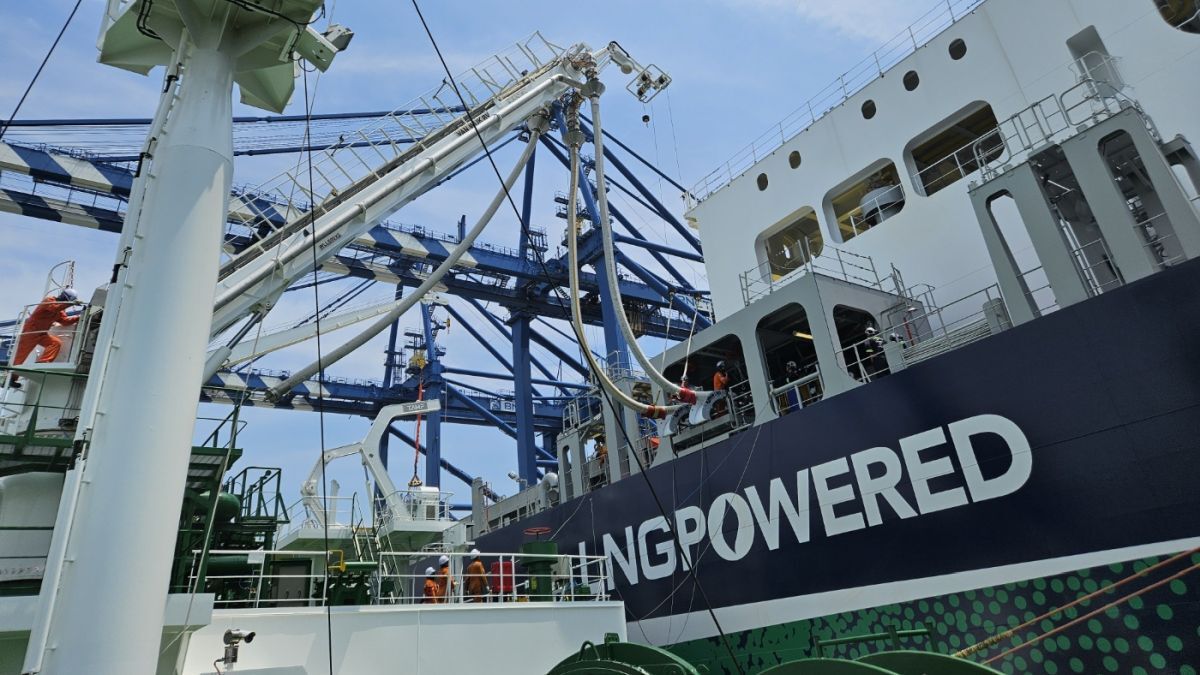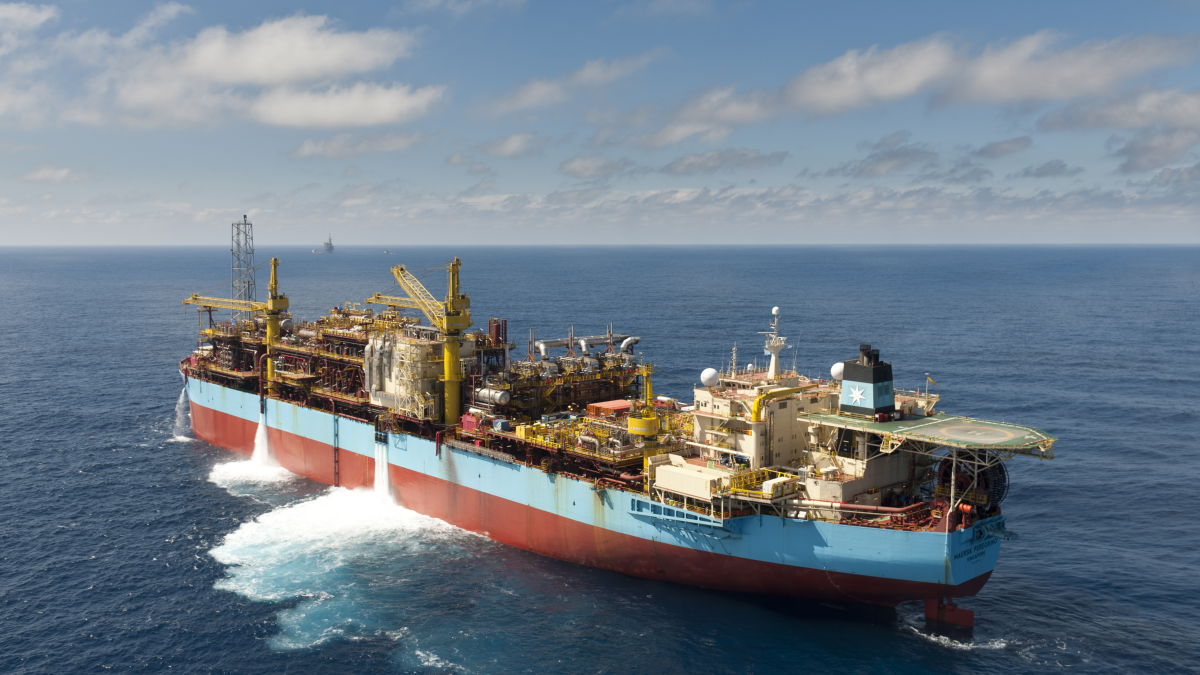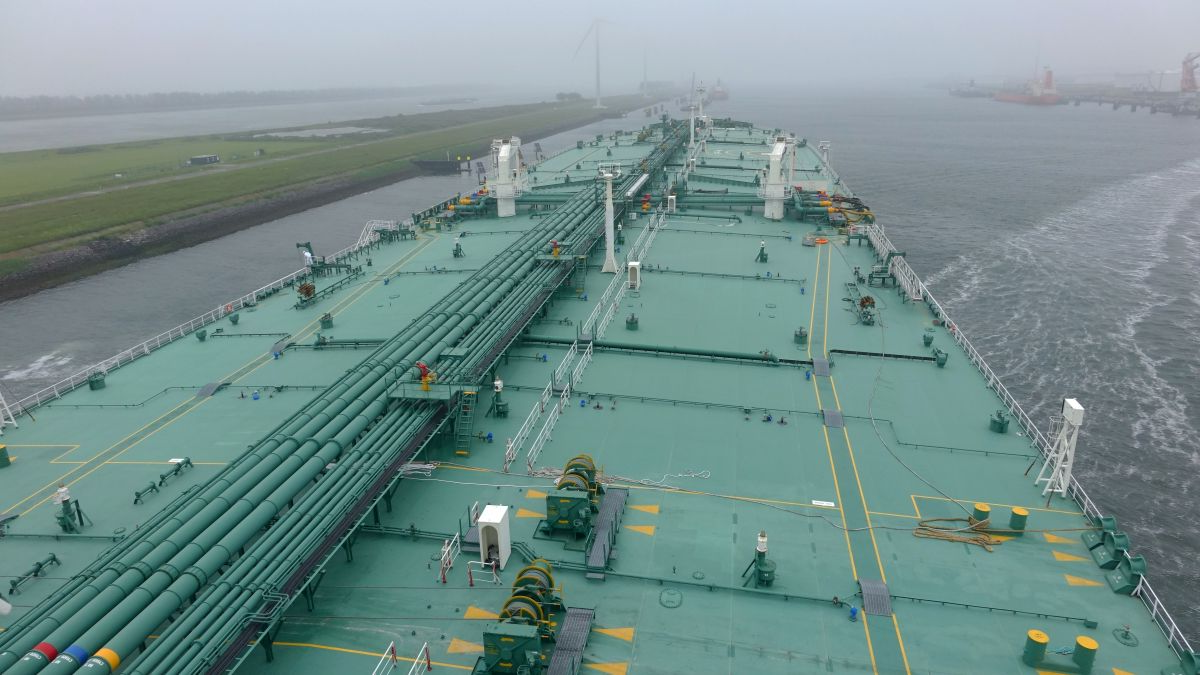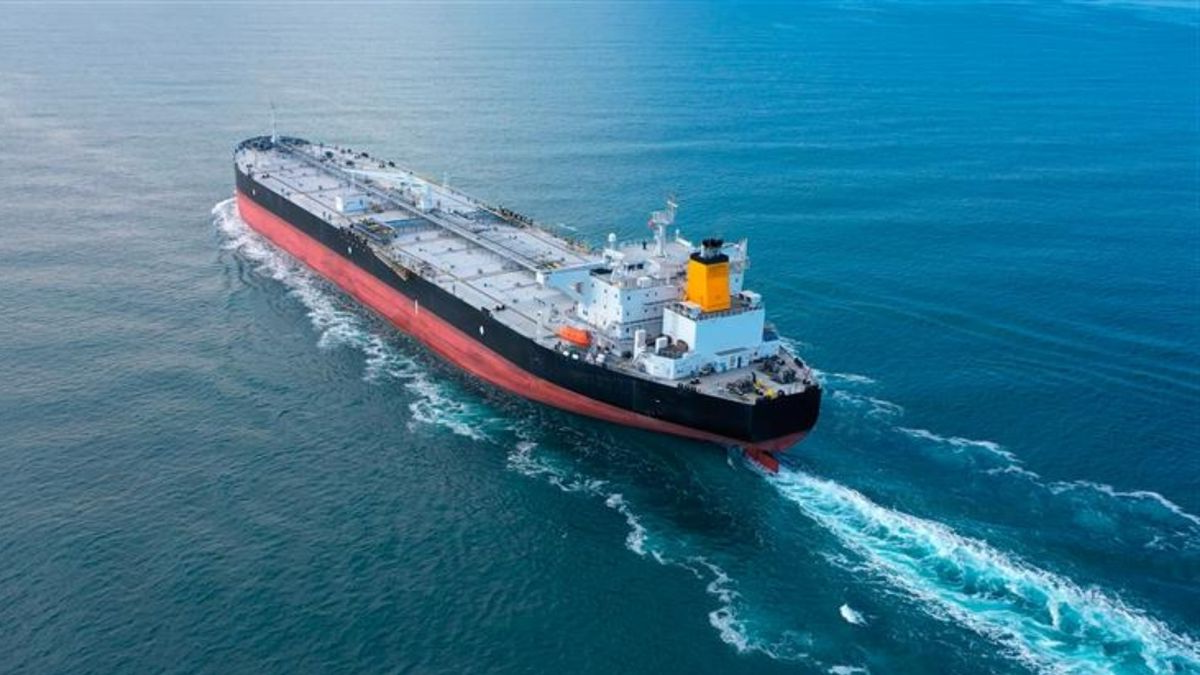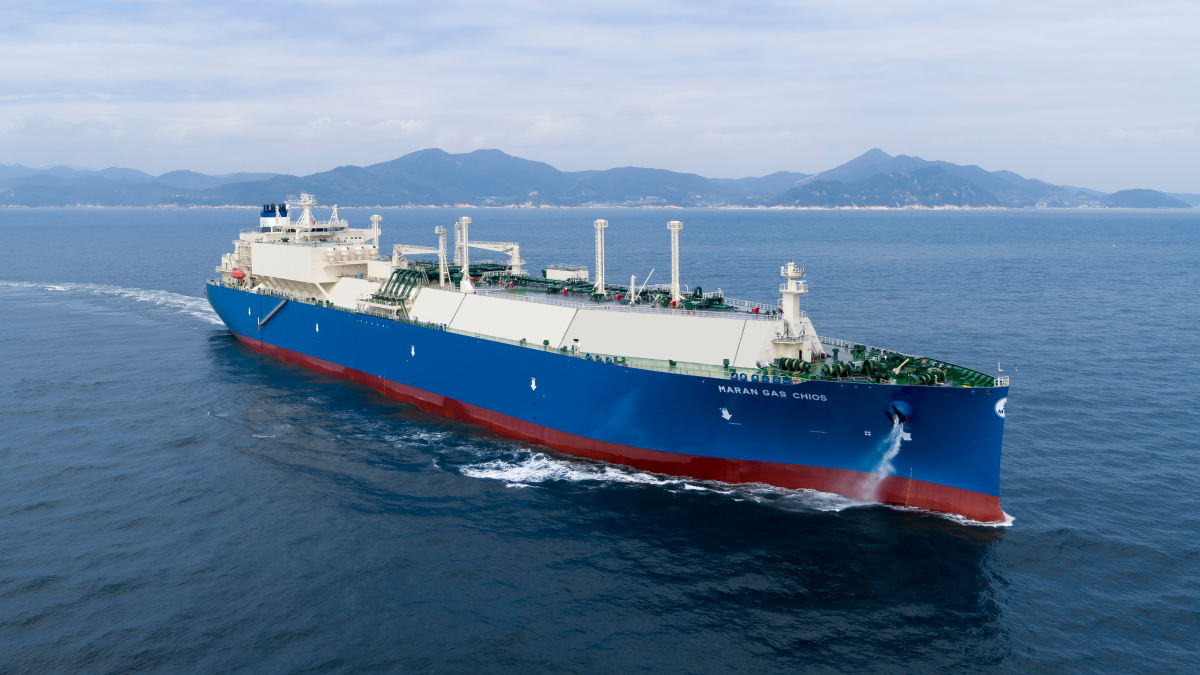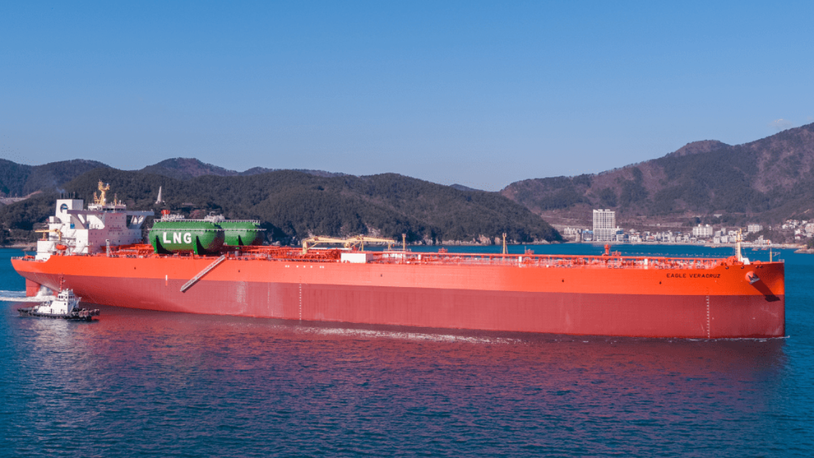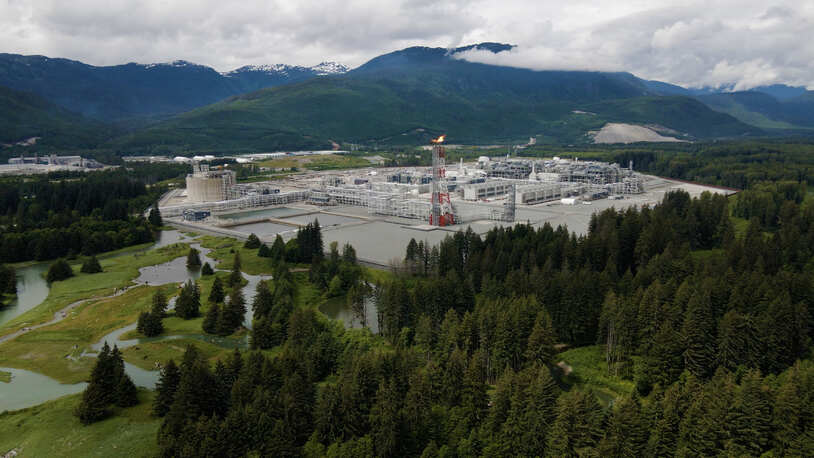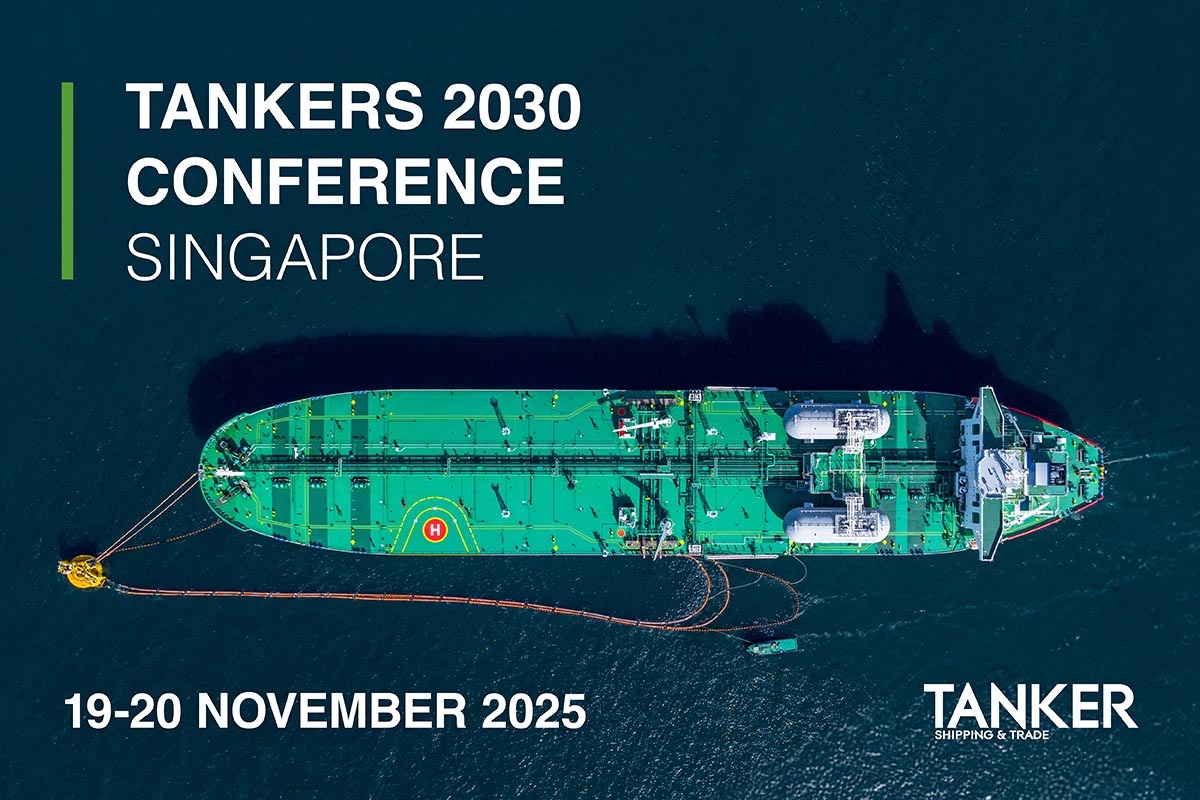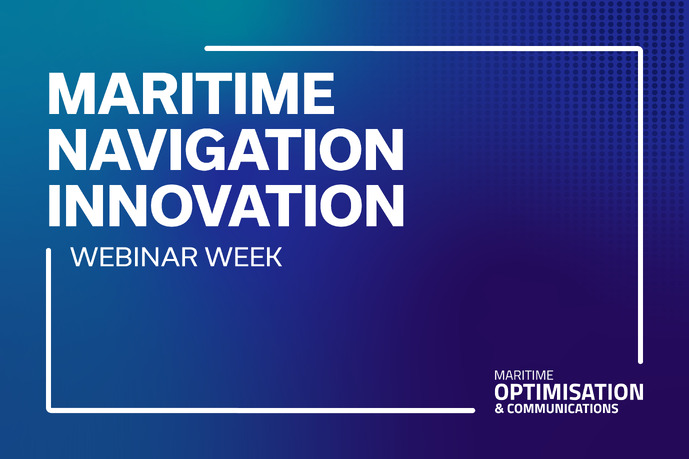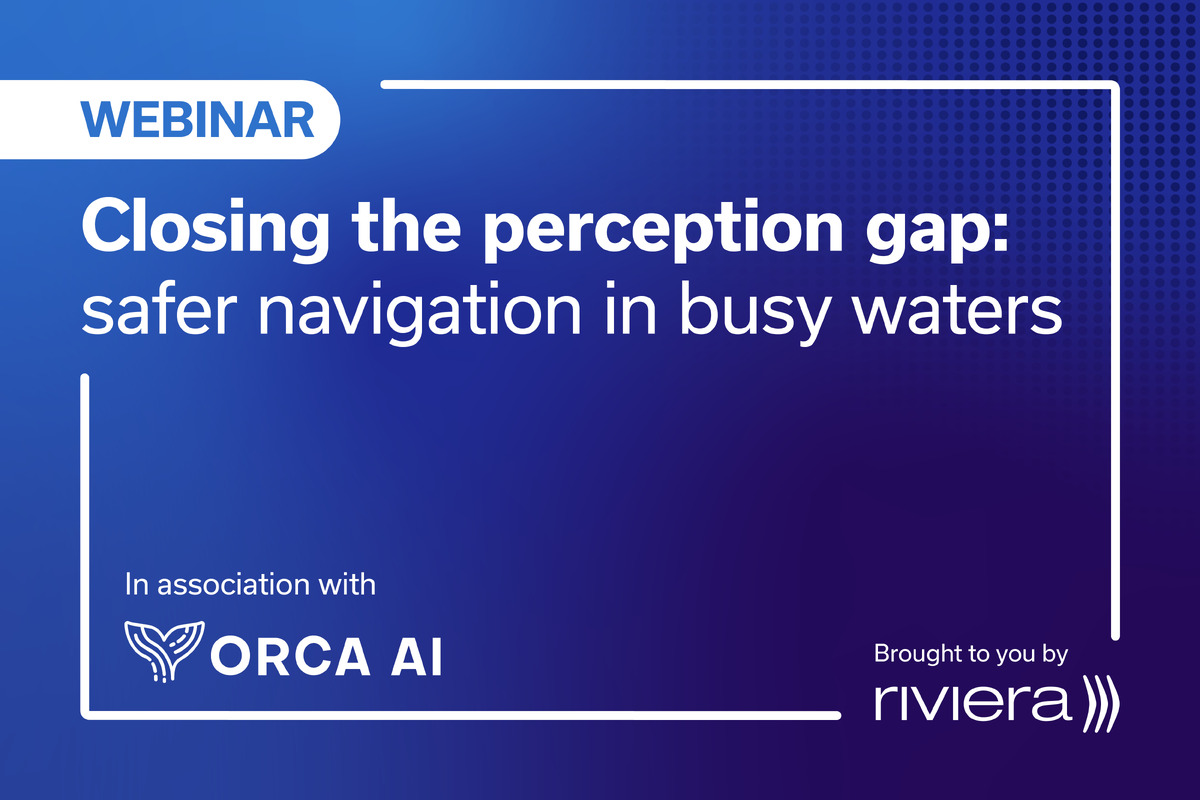Business Sectors
Contents
Register to read more articles.
Alternative fuel bunkering SIMOPS: the issues and how to bypass them
How to overcome the challenges of simultaneously bunkering alternative fuel and loading and unloading container ship cargo
Bunkering alternative fuels affects cargo operations and brings challenges for both procedures. But there are new solutions to overcome such obstacles. These were among the main themes of Riviera’s webinar Box ship alternative fuel bunkering: the issues and how to bypass them.
Kaleris senior product manager Gerald Lange said, “I want to highlight the impact on stowage planning and cargo operations – the loading and unloading in ports. LNG and methanol are the main alternative fuels used. LNG must be carried at a low temperature and methanol at a higher temperature in a special tank, so there are a lot of things to consider. The systems have toxicity and are flammable and measures have to take these into account when handling fuels. In the terminal, it is time sensitive and vessels need to be as fast as possible. Bunkering and cargo operations take place at the same time and bring some challenges.”
Alternative fuel bunkering takes place on one side of the vessel while loading and discharging operations are going on. This, Mr Lange explained, has an impact on certain zones on the vessel in which higher safety standards need to be applied. It also has an impact on the loading plan in bunkering ports.
Kaleris has introduced its software module SimOps to deal with such challenges. It includes IMDG checks with class 2.1 or class 3 for any cargo loaded into the safety zone during bunkering; reefer checks as a source of ignition within the safety zone during bunkering; restrictions for container moves including restowers in the safety and monitoring zone during bunkering; restrictions for lashing operations in the safety and monitoring zone during bunkering; and multiple safety and monitoring zones per vessel depending on the bunkering port.
A bunkering port library is available to define allowed bunkering ports and their properties, implementation of company rules about cargo ops and alternative fuel bunkering. Warnings are given when container type and cargo conflict with company rules and when container operations conflict with company rules.
Mr Lange highlights the problems solved: complicated safety settings on board due to simultaneous fuelling and loading/discharge operations; missing distinction of different port types in the planning stage at the liner; missing declaration of a POL or POD as the bunkering port locked into the system; manual segregation checks of cargo loaded into safety zones; and no automated bunker-related warnings in the condition check on the loading computer.
The module is integrated within stowage planning in Kaleris’ Stowman and condition checking in MACS3.
Meanwhile, panellist International Chamber of Shipping senior manager for crewing and training Arvind Natrajan examined how IMO is addressing training seafarers on alternative-fuelled ships and provided an update on the direction of future regulatory framework.
He said, “For the mid-2020s and 2030s, we are working towards single training for all alternative fuels that have similar characteristics. That training is going to be a global standard and must be reinforced by the company providing a ship-specific or equipment-specific training technology. Support from shore-based staff in the form of a robust safety management system is going to be essential.”
Webinar poll results
What is the greatest barrier to developing training frameworks for seafarers in alternative fuels?
Lack of availability and global scaleability of these fuels: 8%
Lack of industry experience in handling these fuels: 23%
Lack of a clear regulatory pathway for safety, operational and training standards: 38%
Lack of expertise in the academic sector: 23%
Lack of investment in modern training resources: 8%
Will alternative fuel bunkering shift port operations from a primary focus on efficiency to a more balanced emphasis on both safety and efficiency?
Yes, port operations will increasingly prioritise both safety and efficiency due to the unique risks and handling requirements of alternative fuels: 31%
No, efficiency will remain the dominant concern, with safety integrated but not elevated to equal importance: 19%
It depends on the specific fuel and port: some fuels and facilities will require a stronger focus on safety: 50%
Apart from mandatory training requirements, how important do you consider company-provided familiarisation? (1 = least important, 10 = most important)
1–4: Company-provided familiarisation is of low importance compared to formal training: 0%
5–7: It is moderately important and complements regulatory training: 13%
8–10: It is extremely important, as practical, company-specific knowledge is essential for safe and efficient operations: 87%
Are port stays likely to become significantly longer at ports handling alternative fuel bunkering in the future?
Yes, port stays may be considerably longer due to the additional safety protocols, lower fuel energy density, and slower bunkering rates associated with some alternative fuels: 40%
No, improvements in technology and procedures may keep port stays comparable to current durations: 20%
It will vary: some fuels and ports will experience longer stays, while others may adapt quickly and minimise delays: 40%
The terminal’s stowage planner currently lacks visibility into ship-specific restrictions on cargo operations during alternative fuel bunkering
Agree: This lack of visibility is a recognised challenge, especially as new fuels introduce more operational restrictions and safety requirements: 90%
Disagree: Some ports and operators have already implemented systems to share this information effectively: 0%
Partially agree: While visibility is limited in many cases, ongoing digitalisation and data sharing initiatives are beginning to address this issue: 10%
The training for all gases or low-flashpoint fuels such as LNG, methanol, ammonia and hydrogen should be combined into a single training course
Agree: A unified training programme could streamline learning and ensure consistent safety standards across all fuels: 55%
Disagree: Each fuel has unique properties and risks, requiring specialised training for safe handling: 9%
Partially agree: Some foundational modules could be combined, but fuel-specific training should remain for critical differences: 36%
Sign up for Riviera’s series of technical and operational webinars and conferences:
- Register to attend by visiting our events page.
- Watch recordings from all of our webinars in the webinar library.
Related to this Story
Events
International Bulk Shipping Conference 2025
Tankers 2030 Conference
Maritime Navigation Innovation Webinar Week
© 2024 Riviera Maritime Media Ltd.


